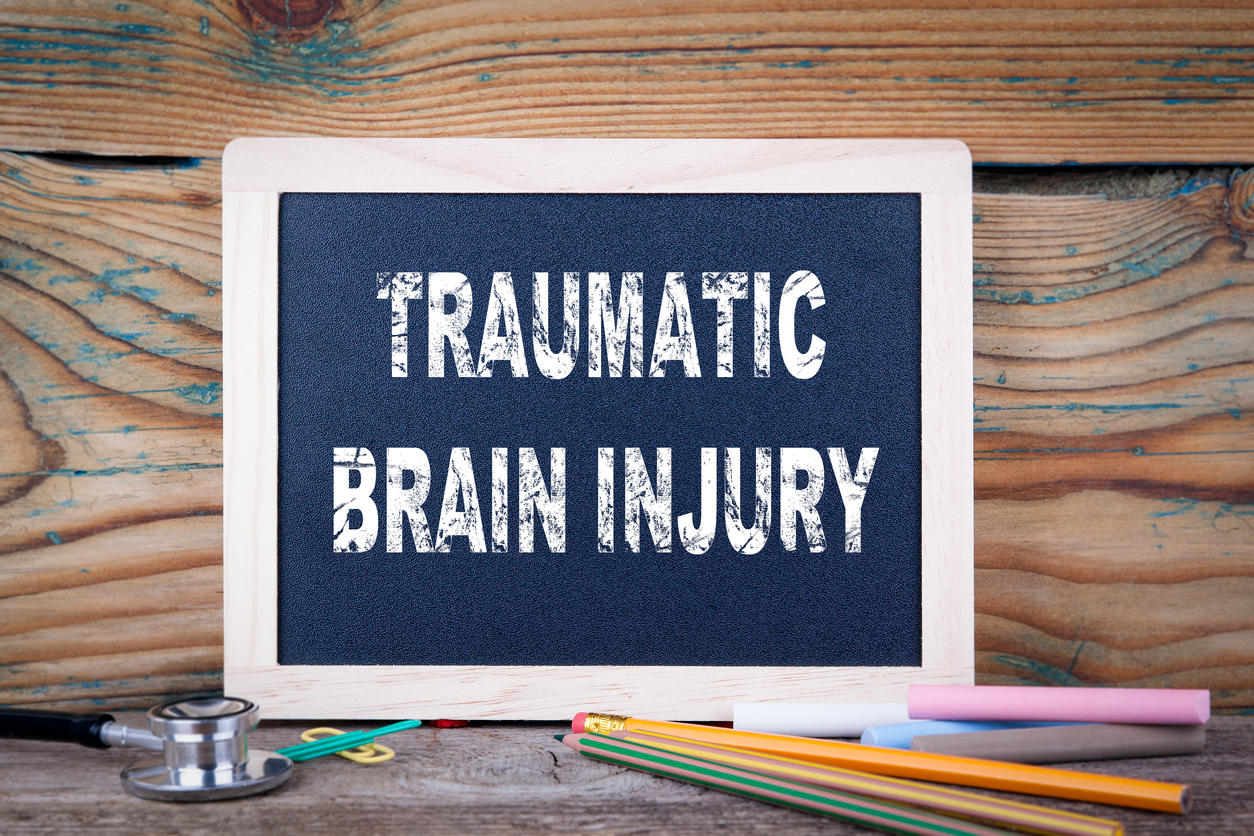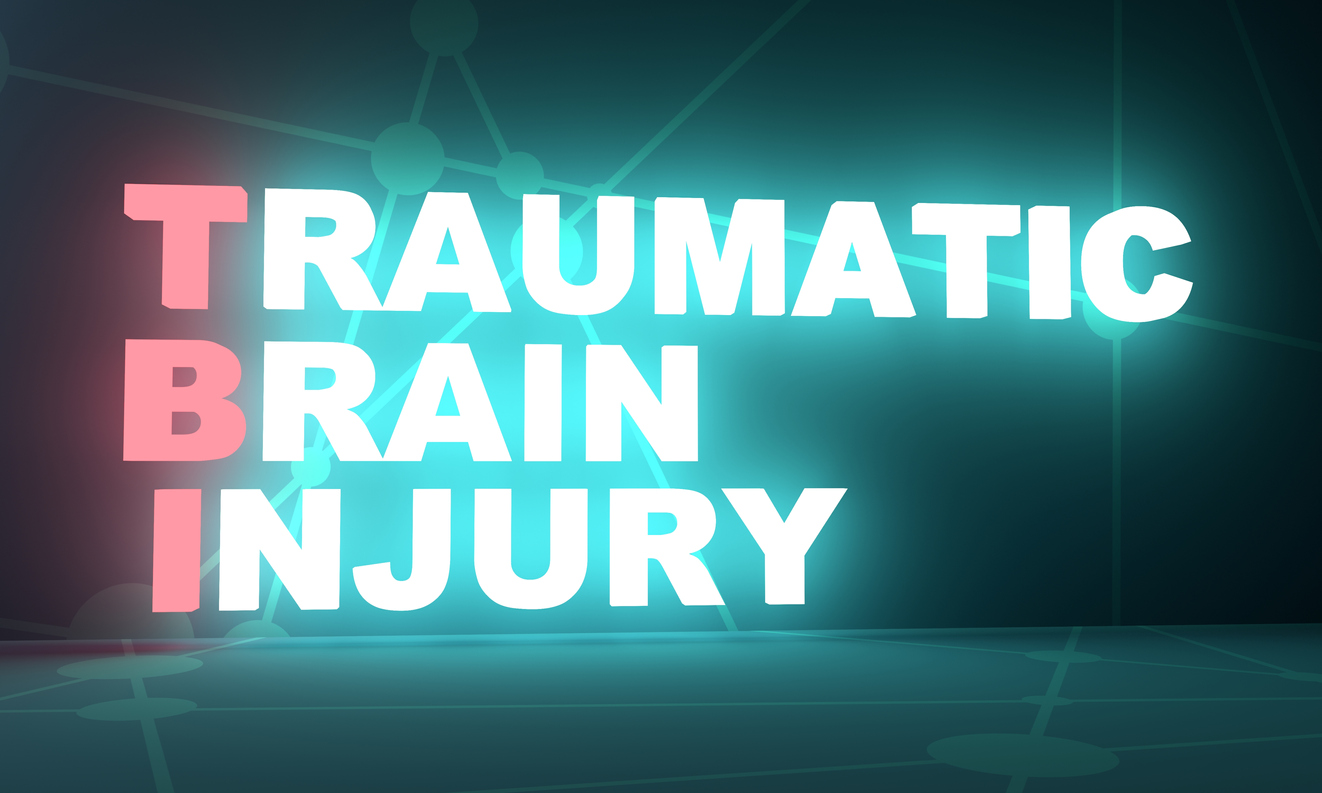Pain
Statements to Avoid When Someone has a Traumatic Brain Injury

What is a traumatic brain injury?
A traumatic brain injury (TBI) is a type of brain damage that occurs as a result of an injury to the head. This type of injury may be non-penetrative, such as a blow to the head, or penetrative, such as a gunshot wound. The severity of a TBI depends on various factors, and the lasting effects can range from a few days to permanent brain damage or, in severe cases, death. A concussion is the most common type of traumatic brain injury.
Statements to avoid making to someone with a traumatic brain injury
Individuals who have experienced a TBI have sustained a life-altering event. They need patience, support and understanding from family members, friends, and colleagues. Instead of worrying about what to say, it is beneficial to know which statements and interactions to avoid when talking to someone with a TBI.
- “You look fine to me.” Symptoms associated with a TBI are usually invisible. However, this does not mean that they are not real. It is better to ask how the person is doing, rather than making an assumption or judgment based on how they look.
- Don’t ask too many questions. Asking excessive questions, especially if they are open-ended instead of simple “yes” or “no” answers, can quickly fatigue or frustrate an individual with a TBI. Questions should be limited and with simple answers.
- “How many times do I have to tell you this?” Memory problems caused by a TBI are frustrating for both the individual with the injury and for loved ones who repeat the same information. Difficulty remembering is not the individual’s fault, and expressing frustration is likely to make the situation worse, instead of better.
- “Why are you acting that way?” A TBI can have a significant impact on emotions and actions. It can cause a lack of emotions, such as not smiling or laughing. Additionally, the individual may overreact emotionally, such as crying unexpectedly, having an anger outburst, or laughing at an inappropriate time. Exercise patience and help them with relearning appropriate actions and reactions in situations.
- Avoid making sarcastic comments or complicated jokes. While laughter is often thought to be the best medicine, the individual with a TBI may not easily understand sarcasm and abstract jokes. This can create confusion, frustration, and hard feelings.
- Abstain from arguing with confabulation. Individuals with memory loss from a TBI may try to fill in their memory gaps by making up information, which is known as confabulation. Arguing about what actually happened is unproductive. Instead, gently state the facts and change the topic.
Additional sources: BrainLine and Family Caregiver Alliance



















